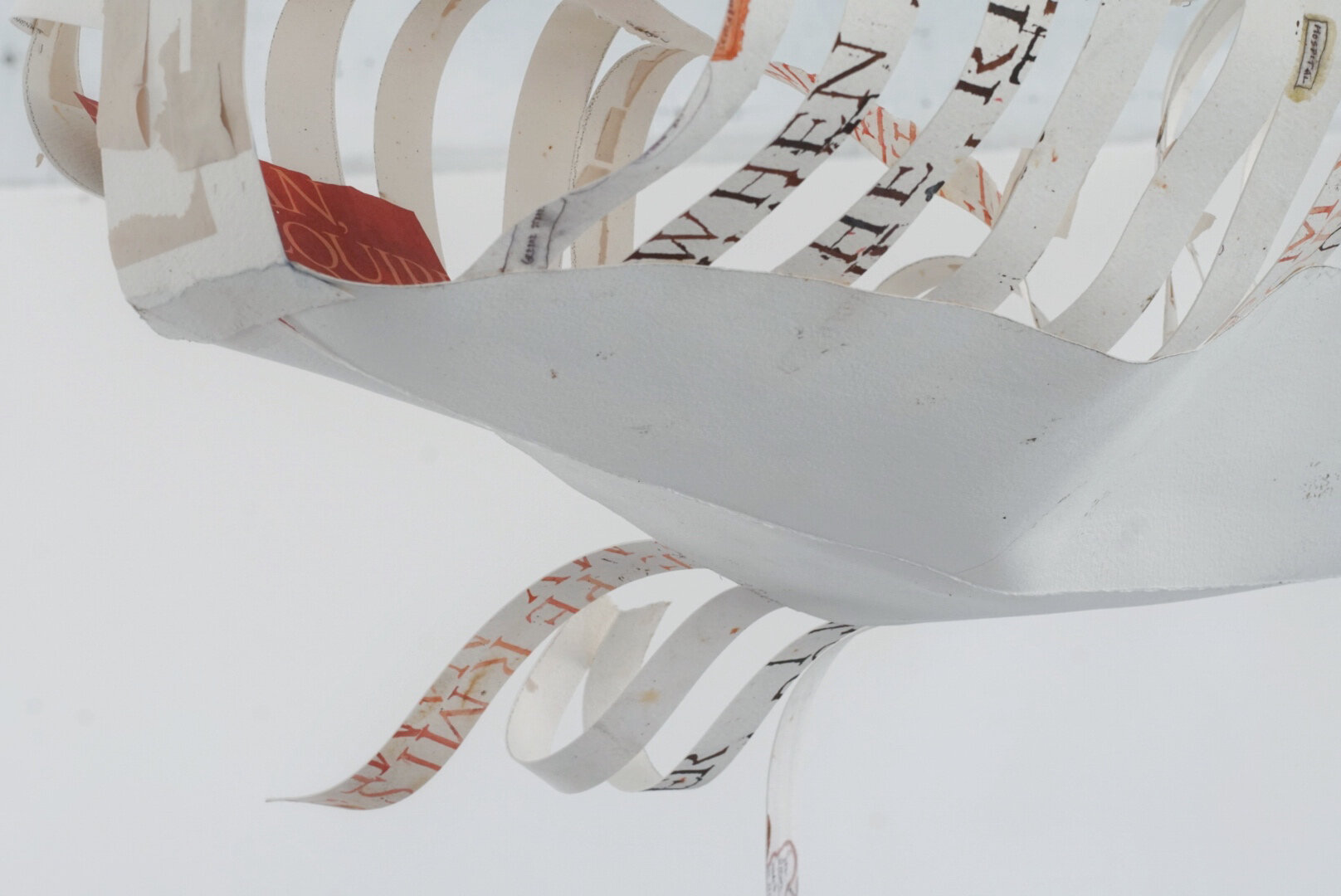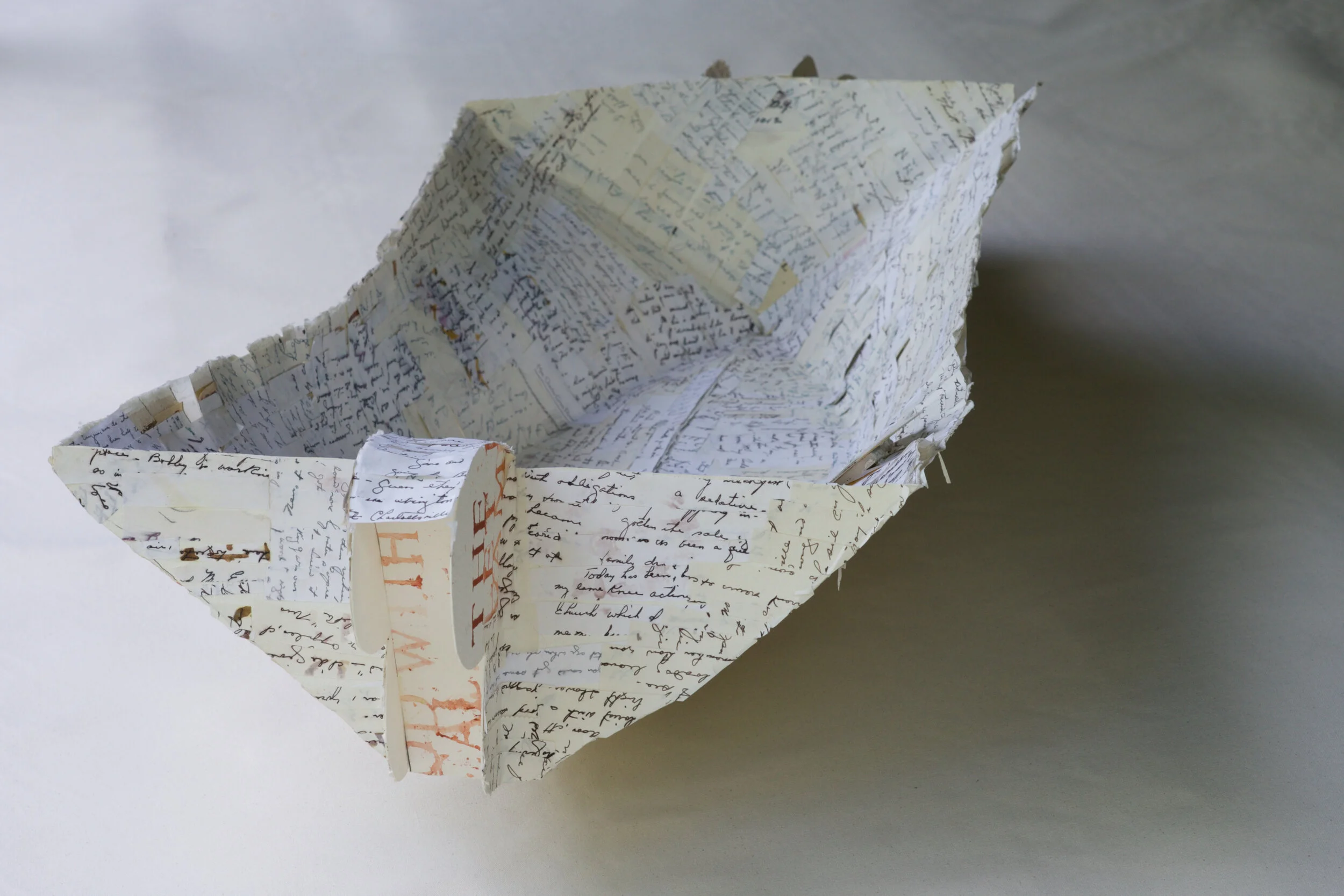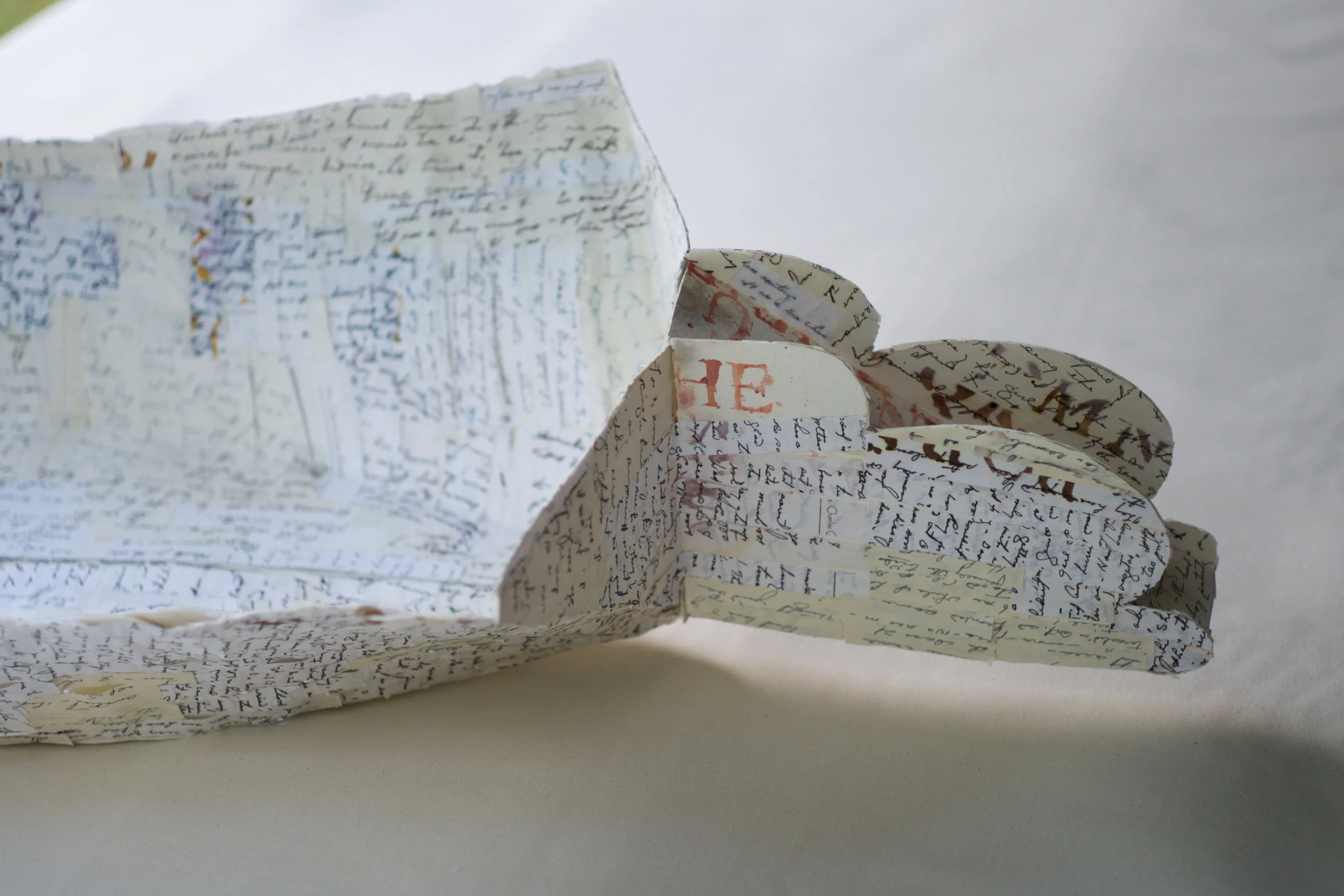Boats
“Mr. Harrison, same as all of those Berkeley landed gentry, considered himself an expert on everything, so next he lectured the crowd on the moods of the James River, describing ‘tidal bores’ where a wave met the tide heading in, “bursting at each other with enough strength to make a wall of water as tall as a tree in the middle of a still stream.” He suggested that the eager crowd of would-be scavengers avoid the fate of his English forbears and each build a small boat, single occupancy, to keep with them, just in case the river turned in on itself and flushed out again fast. Doc Edwards was the only inhabitant of Isle of White County who kept the right kind of wood for making the stunted dinghies that Mr. Harrison was prescribing for the crowd of excited would-be diggers. The young doctor used balsa wood for splints but had taken to building airplanes, un-flyable but aesthetically pleasing. He’d lost interest in his hobby and now his shed was stacked high with the lightweight boards. Someone took up a collection, rode off in his cart and bought a wagon full of it off the good doctor. Anyone able to pound a nail worked fast to fashion a one-person boat; a miniature gondola light enough to drag onto the river bed with a loose knot, tied from the hull of the boat to just below the knee. Some of the little barges were draped with the long skirts of a few brave ladies. Those crafts looked more like sedans than ships. Some were flat, rushed jobs, more raft than craft. And there were a few anxious men who wanted to go it alone and argued about the validity of shaping a ship for a single sailor saving a single life. The preaching Mr. Harrison repeated his warning about his distant relation who had witnessed the frozen river back in England at the close of some century, leaning over to whisper near the ears of the frantic ship builders, “can’t be too careful, remember what happened to those folks in England when the ice broke—water is unforgiving I tell you what…”
Suspicion grew among a group of poor farmers. They huddled close, in tight circles, worried the boat-building was just a stall. Those men, used to being cheated, hiked up their loose pants and wandered out into the river’s wet bed. Running in teams to collect the trophies its wet marshes had previously hidden.
“Treasure!” The word started a frenzy—like yelling “Gold!” knee deep in a creek during the days of the California Gold Rush. The scramble towards the river bed included the people who each had built a bucket-boat, then spread to the ones who’d settled on carrying flat wooden lids, (crowbarred off every supply Mr. Warren kept in his store); everyone left just grabbed shovels and rakes off the store’s covered porch and threw themselves onto the slimy bed. A hay wagon came over from “California,” a nearby settlement. A tight neighborhood of black families, most everybody who lived there had been a slave or a direct descendent of one. They carried their own rusty day-laborer tools. Jumping off the moving rig, they headed in and ran straight towards the mud, already tasting the silver and pewter and maybe even gold and fat jewels that might have fallen into the river.”
From “Kissing Her Elbow” © Duston Spear, 2021






